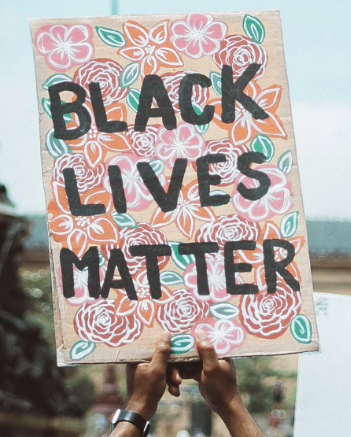Minorities in America have unique mental health experiences. Black, Indigenous, people of color (BIPOC), and other minority groups experience systemic barriers in daily life that are so unrelatable for white Americans that many refuse to believe they exist. Recognizing the disparities in access and experience of mental health can raise awareness and reduce stigma for vulnerable people. By nearly any measure, Black people suffer disproportionately in America. Black women are three to four times more likely to die from pregnancy-related causes compared to white women. Black children are more than three times more likely to die after surgery than […]

